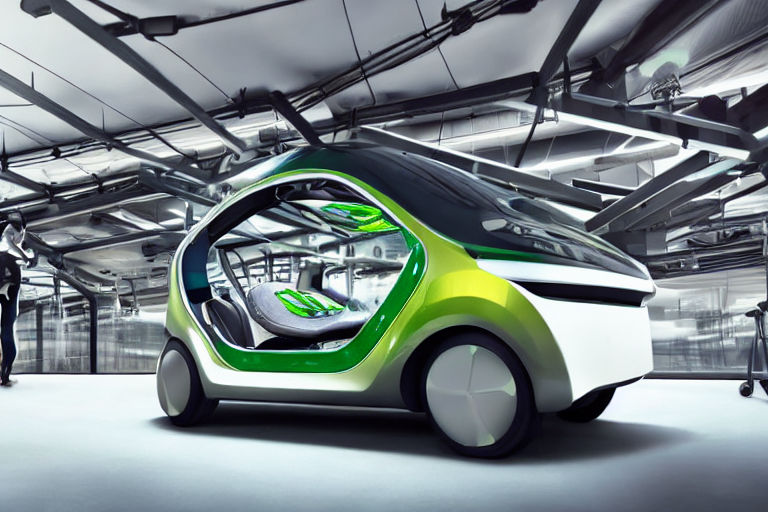From Hybrids to Fully Electric: The Evolution of Sustainable Transportation
Transportation is one of the largest sources of carbon emissions and air pollution in the world. To help reduce these harmful impacts, the automotive industry has been gradually transitioning from gas-powered vehicles to more sustainable options such as hybrids and fully electric vehicles. In this post, we will take a closer look at the evolution of sustainable transportation.
Hybrids
Hybrid cars were the first step in the evolution of sustainable transportation. They combine a gas-powered engine with an electric motor to improve fuel efficiency and reduce emissions. The electric motor also helps to provide additional power to the gas engine, allowing the car to use less fuel. This technology has been around for over a decade and has since been adopted by most of the major car companies.
Hybrids have been a great success as they provide a transition for many consumers who are not ready to switch to fully electric vehicles. They have reduced greenhouse gas emissions and fuel consumption, making them a more environmentally friendly choice. Additionally, they have a longer range than fully electric cars, which can make them more practical for long-distance driving.
Plug-in Hybrids
Plug-in hybrids offer even more environmental benefits by allowing drivers to charge the car's battery from an external source. This means that they can run on just electricity for short distances and rely on their gas-powered engine for longer trips. They have a smaller gas engine than traditional hybrids, which helps to reduce emissions further and improve fuel efficiency.
Plug-in hybrids are a great option for people who want to decrease their carbon footprint but need a car that can handle long distances or frequent trips. However, they still rely on gasoline, which means they are not as sustainable as fully electric vehicles.
Fully Electric Vehicles
Fully electric vehicles (EVs) are the ultimate solution for sustainable transportation. They run entirely on electricity, producing zero greenhouse gas emissions. Instead of a gas tank, they have a battery that can be charged from an external source such as a charging station or a home outlet. They have been gaining popularity in recent years as more and more people are looking for sustainable transportation options.
EVs have a shorter range than gas-powered cars or hybrids, but their battery technology is improving rapidly. Many new models have a range of over 200 miles on a single charge, making them practical for everyday use. Additionally, they require less maintenance than gas-powered vehicles, which makes them more affordable in the long run.
The Future of Sustainable Transportation
The trend towards sustainability in transportation is expected to continue to grow in the coming years. Car companies are making significant investments in electric vehicles and charging infrastructure. Governments around the world are also promoting the use of electric vehicles by offering tax incentives, rebates, and other incentives to encourage people to buy EVs.
While there are still challenges to overcome, such as improving battery technology, and developing a more extensive charging infrastructure, the future of sustainable transportation is bright. By transitioning towards electric transportation, we can reduce our carbon emissions and improve the quality of our air while still enjoying the convenience of individual transportation.



